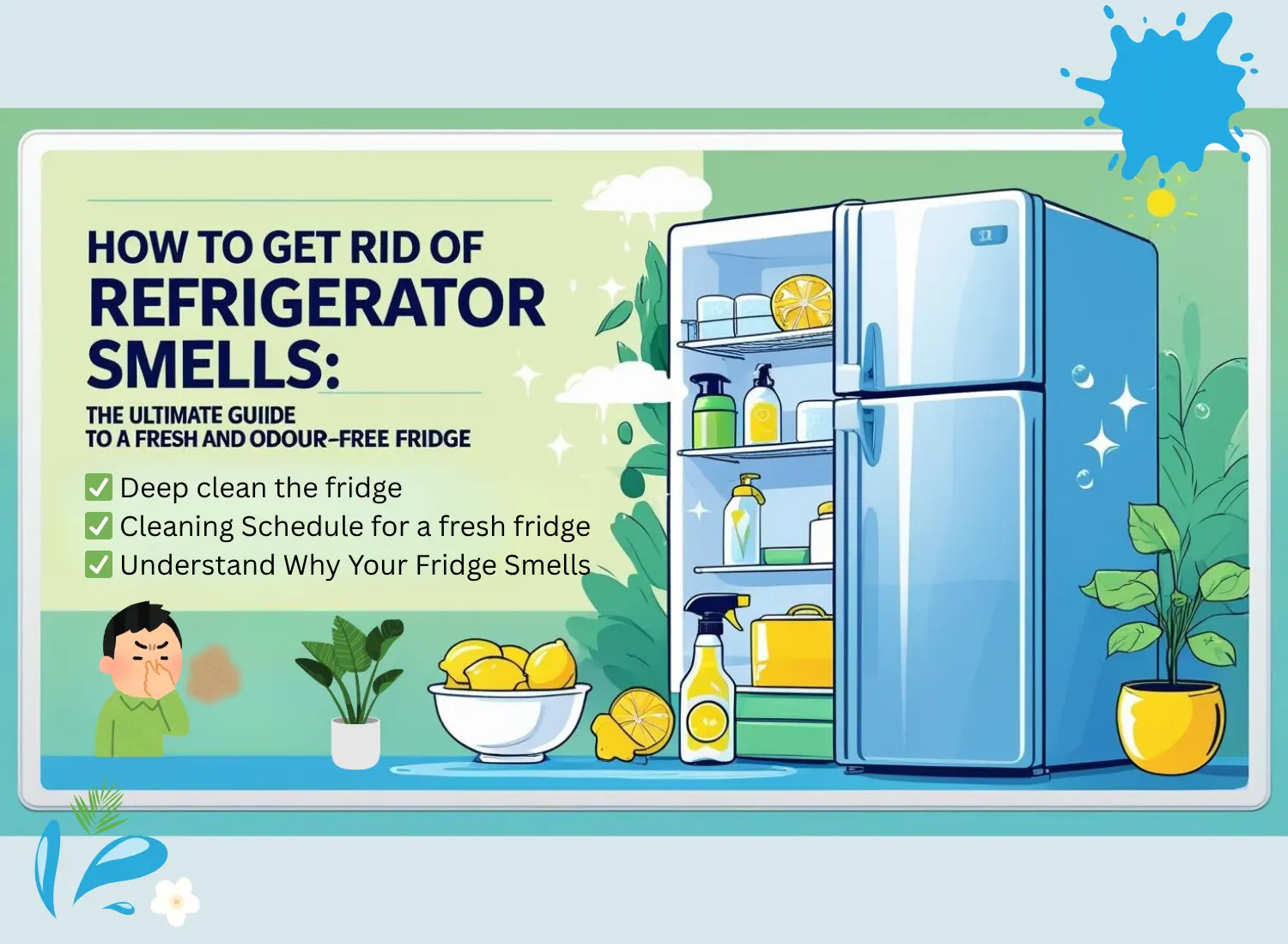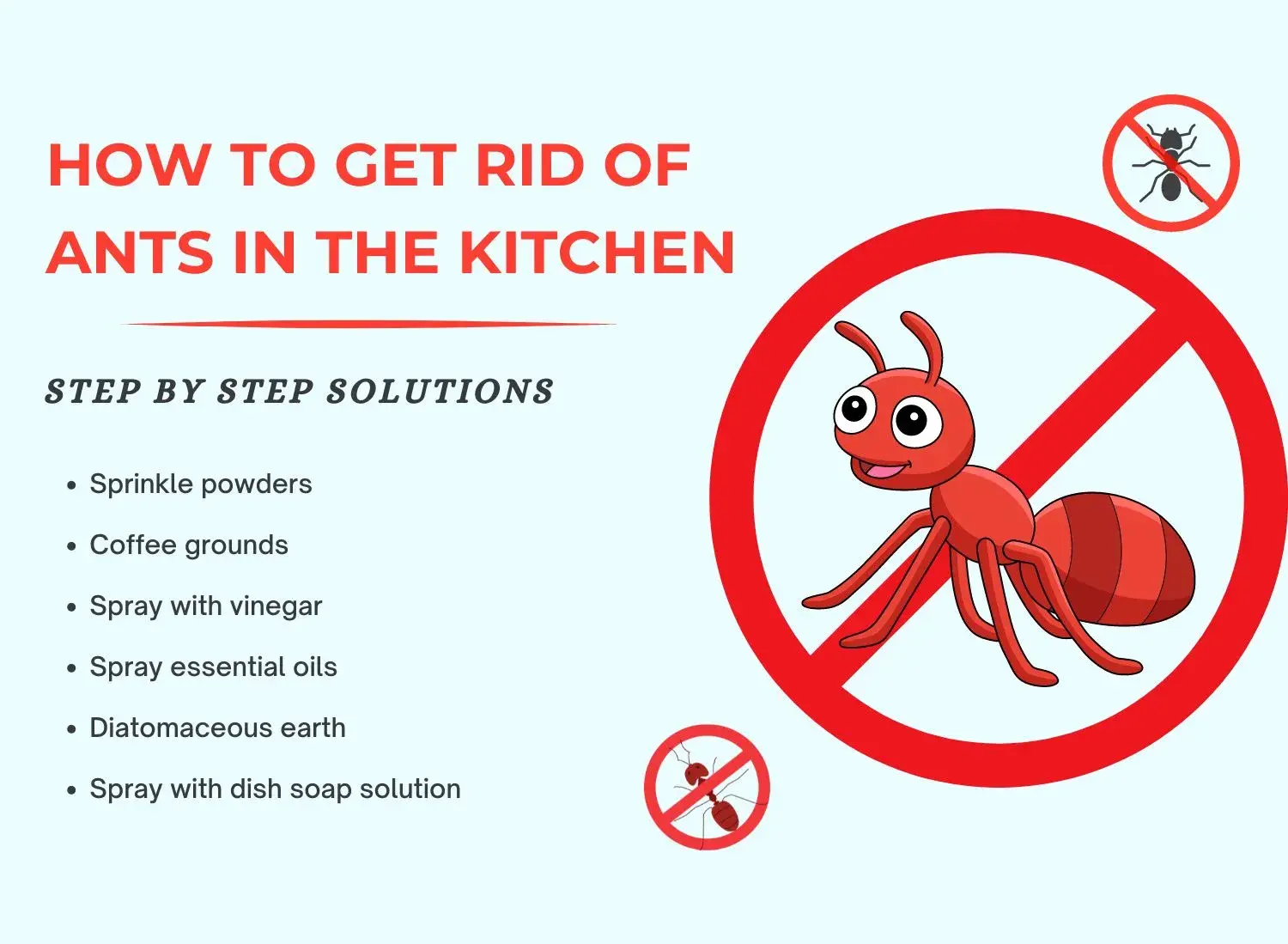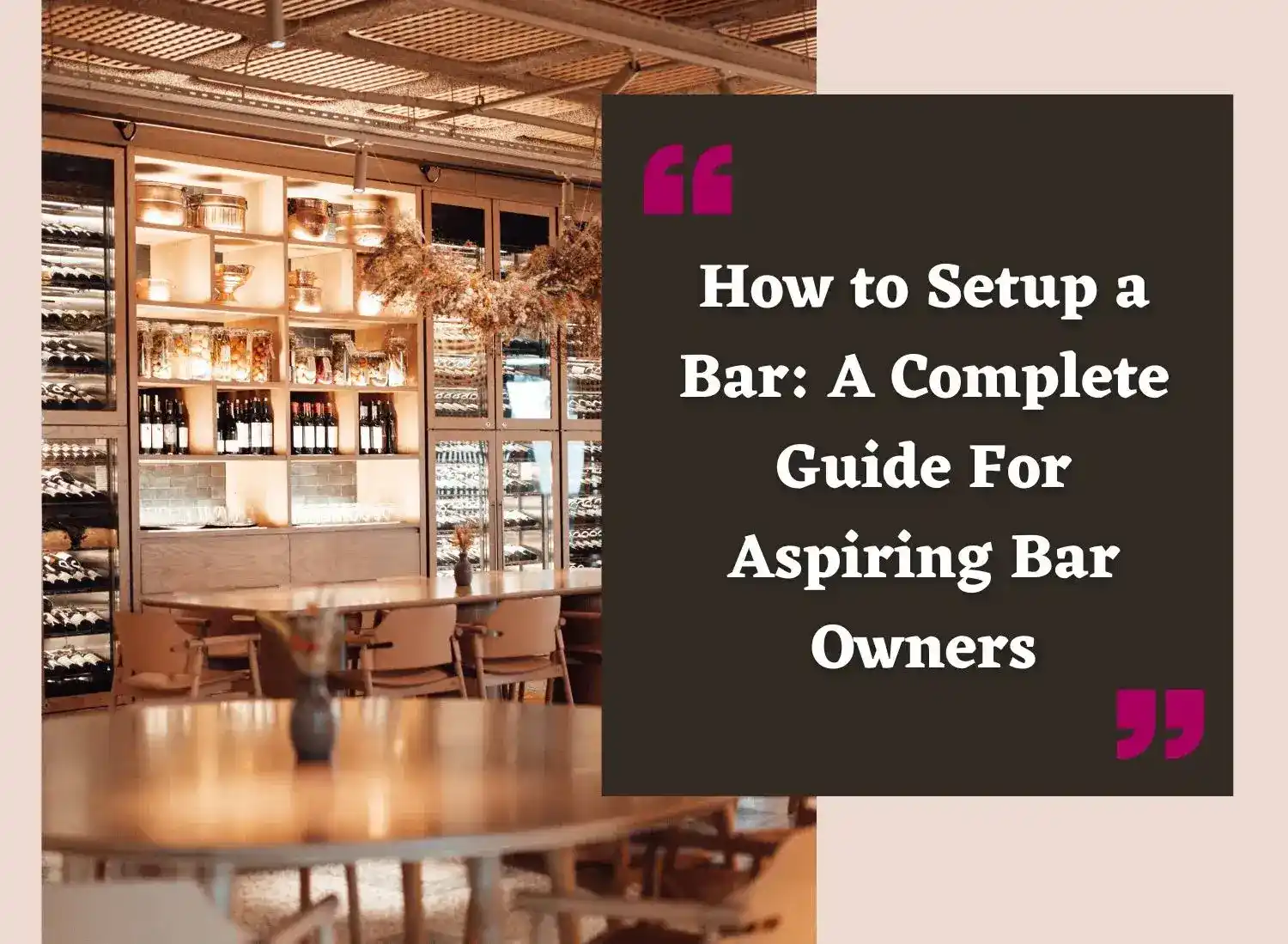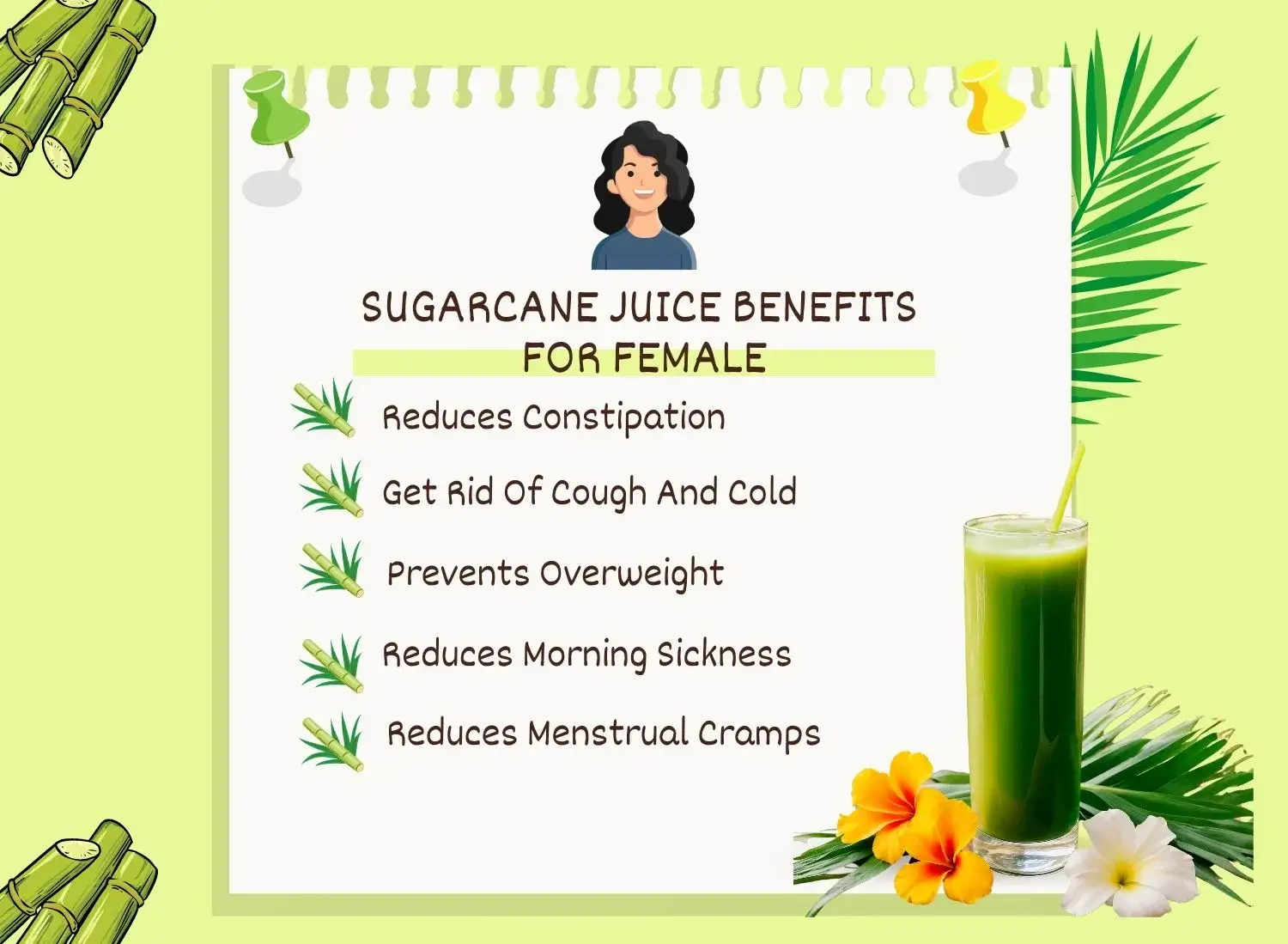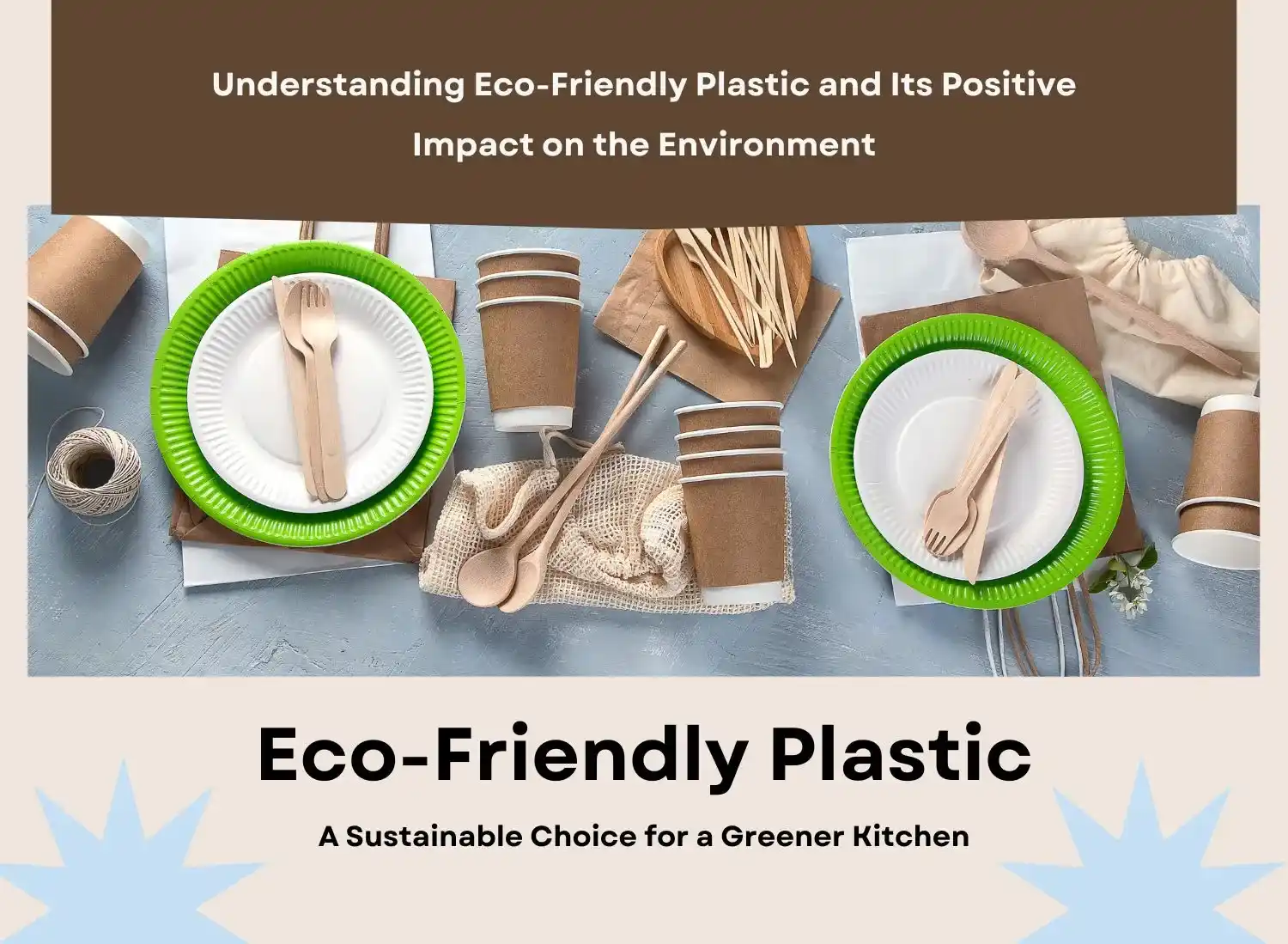“Take a look at your home; you will find plastic products everywhere. Plastic is an integral part of our everyday lives, from water bottles to kitchen storage containers to toys and plastic homeware like tables and chairs.”🍃
The Ultimate Guide to BPA-Free Plastic Products: Protect Your Family’s Health in 2024
However, not all types of plastic are created equal. Some types of plastic contain a harmful chemical called BPA, which can adversely affect our health and well-being. The good news is that BPA-free plastic products are now widely available on the market, offering a safer alternative for your family.
That said, in this blog, we shall explore the widespread benefits of using BPA-free plastic products and why you should also consider switching to safer plastics.
So, let’s read our complete blog post to learn more.
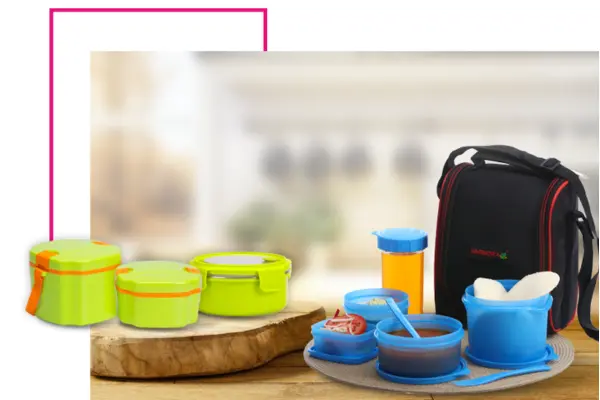
BPA – An Overview
BPA stands for Bisphenol A, an industrial chemical used since the 1960s to manufacture plastics and resins. It is also more commonly found in containers made of hard plastic that store food and beverages, such as water bottles, and in the linings of canned foods.
However, in the late 1990s, BPA was found to be toxic for humans, animals, and our planet. The concern about BPA arises from its ability to leach into food and beverages from containers made with the chemical. Studies have shown that BPA can seep into food or drinks, especially when the container is heated, scratched, or worn out.
Moreover, BPA is responsible for causing serious health implications highlighted below.
1. Hormonal Imbalances
BPA can mimic estrogen, a hormone that regulates many body processes. This can lead to hormonal imbalances and related health issues.
2. Developmental Problems
Exposure to BPA is particularly concerning for infants and young children as it can affect brain development and behaviour.
3. Increased Risk of Cancer
Some studies suggest a link between BPA exposure and an increased risk of breast and prostate cancer.
4. Heart Problems
BPA exposure has been associated with higher risks of heart disease.
5. Metabolic Disorders
There is evidence that BPA can contribute to obesity, diabetes, and other metabolic disorders.
As you can see, BPA can have serious health consequences. Thus, it’s advisable to use BPA-free plastic products, which are a much safer alternative.
Moreover, using BPA-free plastics has numerous benefits, as highlighted in the section below.
Benefits of BPA-Free Plastic Products
Switching to BPA-free plastic products can significantly reduce your family’s exposure to harmful chemicals.
Here are some key benefits:-
1. Improved health and safety
Choosing BPA-free products minimizes the risk of harmful chemicals leaching into your food and beverages. This is especially important for infants and young children, who are more vulnerable to the effects of BPA. BPA-free products provide a safer option, ensuring that your family is not exposed to potential health hazards associated with this chemical.
2. Peace of mind
Using BPA-free products can give you peace of mind as you know you are making healthier choices for yourself and your family. This kind of reassurance is invaluable, especially for parents who want to ensure the well-being of their children.
3. Environmental Benefits
BPA can leach into our soil and contact our food chain. Thus, we can shift towards safer and more sustainable materials by using BPA-free plastics. Moreover, most BPA-free plastic products are also free from other harmful chemicals, making them a better environmental choice. When you choose such products, you also contribute to reducing the use of such harmful chemicals in the manufacturing process.
4. No Chemical Leaching
BPA can leach into foods and beverages. This especially occurs when the plastic containers are heated or contain acidic or fatty foods. This leaching can alter the taste and quality of your food. However, BPA-free plastic containers eliminate this risk and ensure your food retains its natural flavour and quality.
5. Higher-Quality Materials
Many BPA-free plastic containers are made from high-quality materials designed to be durable and long-lasting. This essentially means that they are less likely to crack, warp, or degrade over time, thus providing better value for your money.
6. Suitable for a Range of Conditions
BPA-free plastics are often designed to withstand a broader range of temperatures without degrading. This makes them suitable for both freezing and heating, provided they are used according to the manufacturer’s guidelines. This versatility is convenient for a variety of food storage and preparation needs.
7. Reduced Risk of Harmful Exposure
BPA-free plastic containers reduce the risk of harmful chemical exposure for both children and pets. This is particularly important for families with young children who are prone to putting objects in their mouths and for pet owners who store pet food in plastic containers.
8. Alignment with Health Recommendations
When you use BPA-free plastic containers, you automatically support regulatory and health initiatives to reduce exposure to harmful chemicals. Thus, by choosing these products, you align with recommendations from health authorities and advocacy groups that prioritize public health and safety.
Tips for Choosing BPA-Free Products
When shopping for plastic products, it’s essential to know how to identify BPA-free options. Here are some tips to help you make informed choices.
1. Look for BPA-free labels
Many manufacturers now label their products as “BPA-free.” Look for this label on water bottles, food containers, and other plastic items. This is the easiest way to ensure the product does not contain BPA.
2. Check the Recycling Codes
Plastic products often have recycling codes printed on them. Items marked with recycling codes 1, 2, 4, 5, and 6 are typically BPA-free. Avoid plastics with recycling codes 3 or 7, as they may contain BPA.
3. Choose Alternatives to Plastic
If you still have doubts about the plastic product you are purchasing, it can be a good idea to ditch it and look for alternatives like stainless steel or glass. These materials are BPA-free and can be used for food storage and other purposes.
4. Avoid heating plastic
Even BPA-free plastics can break down over time, especially when exposed to heat. Avoid microwaving food in plastic containers or washing them in the dishwasher. Instead, transfer food to glass or ceramic containers for heating.
Common types of BPA-free products to consider
It takes little effort to switch to BPA-free products. Below are some everyday BPA-free items to consider for your household.
1. Water bottles
BPA-free water bottles are widely available and come in various sizes and styles. Try to look for bottles made from BPA-free plastic, stainless steel, or glass.
2. Food storage containers
Opt for BPA-free food storage containers. Glass containers with a plastic lid are a great option for this, as they are durable and safe.
3. Baby bottles and sippy cups
Infants and toddlers are particularly vulnerable to the effects of BPA. To ensure their safety, choose BPA-free baby bottles and sippy cups.
4. Kitchen utensils
Nowadays, you can get BPA-free versions of most kitchen utensils, such as spatulas and mixing bowls. Silicone utensils are an excellent choice as they are heat-resistant and free from harmful chemicals.
5. Canned foods
If possible, try choosing fresh or frozen foods over canned foods. Many canned foods have linings containing BPA.
Final Thoughts
When you shift towards BPA-free plastic products, you take a positive step for your family’s health and safety. By reducing exposure to this harmful chemical, you can ensure a healthier environment for everyone in your household.
So, take the first step today towards a safer and healthier home for your family and choose BPA-free plastic products.



